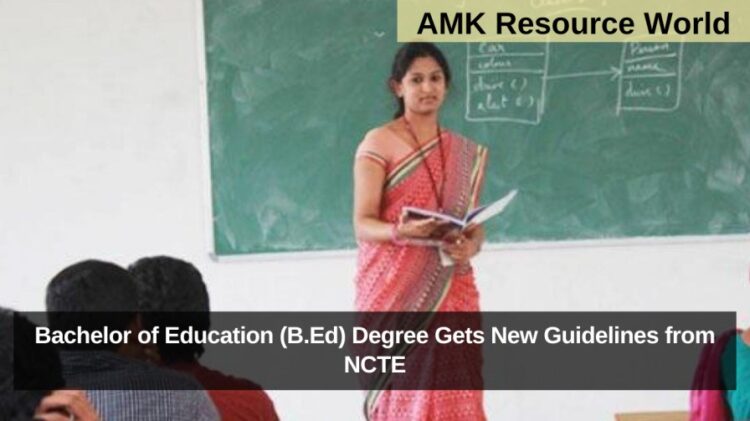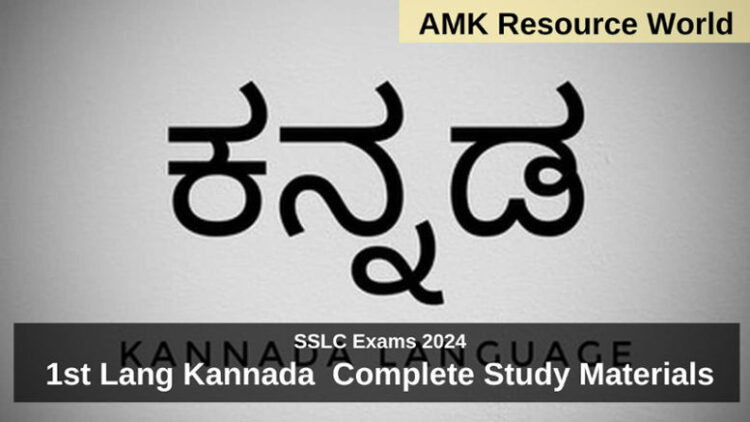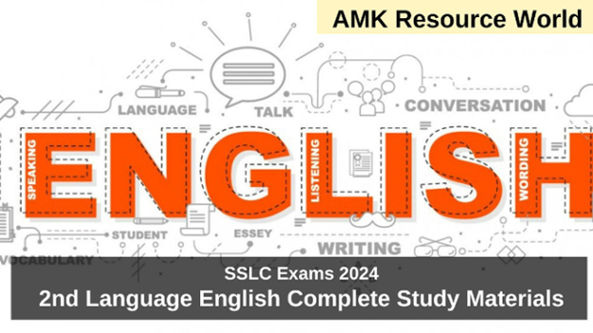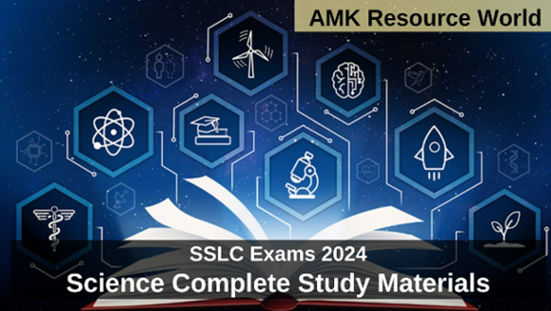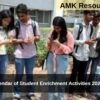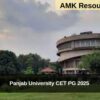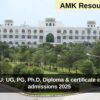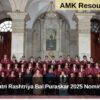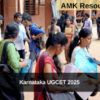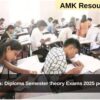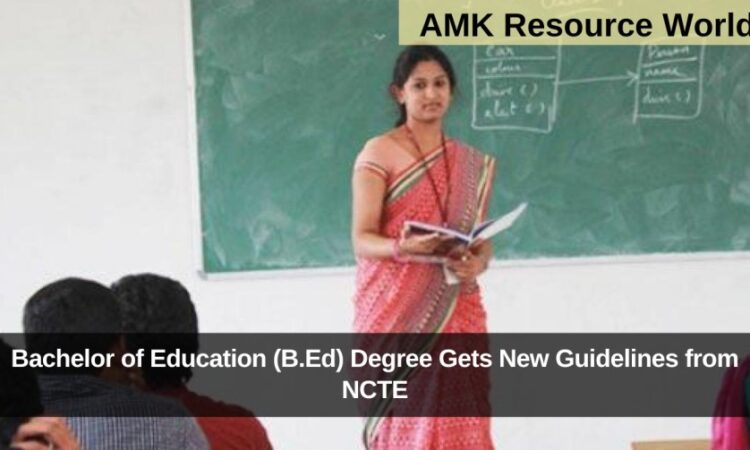The Bachelor of Education (B.Ed.) is a vital professional degree that prepares aspiring teachers for classroom teaching across various levels—upper primary (Classes VI-VIII), secondary (Classes IX-X), and senior secondary (Classes XI-XII). As per the revised norms issued by the National Council for Teacher Education (NCTE), the B.Ed. programme is now a rigorous two-year course, which can be extended up to a maximum of three years from the date of admission.
Each academic year in the B.Ed. programme must comprise a minimum of 200 working days, excluding examination and admission periods. A high level of commitment is expected from student-teachers, with a minimum of 80% attendance required for coursework and practicum, and 90% for school internships.
Eligibility for admission includes candidates with at least 50% marks in their Bachelor’s or Master’s degree in Sciences, Social Sciences, or Humanities. Those with a Bachelor’s in Engineering or Technology, particularly with a focus on Science and Mathematics, must have at least 55% marks. Admission is based on merit through qualifying exams, entrance tests, or other selection methods as decided by the respective State Government or University.
The revised B.Ed. curriculum is structured into three key curricular areas: Perspectives in Education, Curriculum and Pedagogic Studies, and Engagement with the Field. It emphasizes the integration of subject knowledge with pedagogical skills, human development insights, and effective communication strategies. A central element of the programme is its commitment to real-world engagement—with the self, child, school, and community—facilitating the holistic development of future educators.
Internship plays a crucial role in teacher preparation. The programme mandates a minimum of 20 weeks of school internship, including 4 weeks in the first year and 16 weeks in the second year. These internships involve a structured exposure to real classrooms, including initial observation phases and supervised teaching practice. The internships are conducted at two educational levels—upper primary and secondary/senior secondary—ensuring that student-teachers gain versatile teaching experience.
This sustained school engagement also incorporates continuous and comprehensive assessment practices, helping student-teachers develop a professional repertoire that supports inclusive and effective learning environments. With its revised structure, the B.Ed. programme aims to create competent, reflective, and socially responsive educators equipped to meet the diverse needs of today’s classrooms, for more details CLICK HERE
